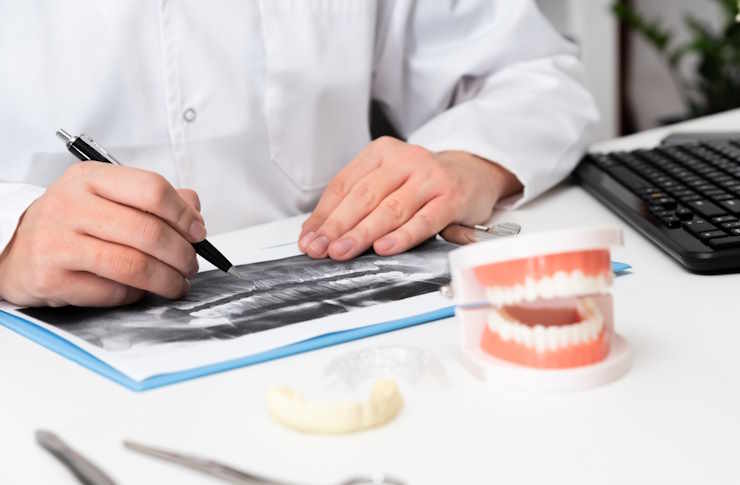How To Participate in Paid Dental Implant Clinical Trials
Paid dental implant clinical trials offer participants a unique opportunity to contribute to medical advancements while potentially earning compensation. These trials not only provide access to cutting-edge treatments but also help researchers refine dental implant technology for improved outcomes worldwide.

What Are Dental Implant Clinical Trials?
Dental implant clinical trials are research studies that test the safety and effectiveness of new dental implant technologies, materials, or procedures. Conducted under strict guidelines, these trials involve participants who meet specific eligibility criteria. The goal is to gather valuable data to advance dental implant solutions, making them more reliable and accessible. Participants benefit from close monitoring by dental professionals throughout the study.
Why Participate in a Dental Implant Clinical Trial?
Participating in a clinical trial can be beneficial in many ways. First, it offers the chance to access innovative treatments before they are widely available. Second, trials often include comprehensive dental care provided at no cost to the participant. Lastly, paid trials provide financial incentives, allowing participants to offset expenses while contributing to advancements in dental care.
How Much Can You Earn?
The compensation for participating in dental implant clinical trials varies based on factors such as trial duration, procedures involved, and the location of the study. Earnings can range from a few hundred to several thousand dollars. It is essential to review the specific trial’s terms and conditions to understand the payment structure. Compensation typically covers time, travel, and any associated expenses.
Finding Dental Implant Clinical Trials
Locating clinical trials that match your eligibility and interests can be simplified by using online resources. Websites like ClinicalTrials.gov and the World Health Organization’s trial registry offer searchable databases. Additionally, many dental schools and research centers advertise opportunities for participation. Ensure the trial is conducted by a reputable organization and complies with regulatory standards.
Real-World Examples of Dental Implant Clinical Trials
To better understand the scope of opportunities, here are some examples of institutions and organizations conducting dental implant clinical trials:
- Harvard School of Dental Medicine: Renowned for its research, this institution frequently conducts trials on advanced dental implant materials.
- University of Toronto Faculty of Dentistry: Offers clinical trials focusing on innovative implant procedures and technologies.
- Straumann Group: A global leader in dental solutions, Straumann sponsors trials to refine implant systems.
- UCLA School of Dentistry: Conducts research on patient-specific implant treatments aimed at improving outcomes.
| Provider | Service Offered | Estimated Compensation |
|---|---|---|
| Harvard School of Dental Medicine | Trials on Advanced Implant Materials | $500 - $1,000 |
| University of Toronto Faculty of Dentistry | Innovative Implant Procedures | $700 - $1,200 |
| Straumann Group | Refinement of Implant Systems | $1,000 - $2,000 |
| UCLA School of Dentistry | Patient-Specific Implant Treatments | $800 - $1,500 |
Tips for Successful Participation
Before joining a clinical trial, thoroughly review the eligibility requirements and potential risks. Consult your dentist or healthcare provider to assess whether the trial aligns with your oral health needs. Additionally, ensure the study provides sufficient support, including post-treatment care. Understanding the expectations and outcomes will help you make an informed decision about participation.
Paid dental implant clinical trials are a rewarding way to access advanced dental care, earn compensation, and contribute to vital research that improves dental technology. By carefully selecting a trial that meets your needs, you can enjoy the benefits while advancing global dental health.
The shared information of this generated article is up-to-date as of the publishing date. For more up-to-date information, please conduct own research.
Disclaimer: This article is for informational purposes only and should not be considered medical advice. Please consult a qualified healthcare professional for personalized guidance and treatment.




